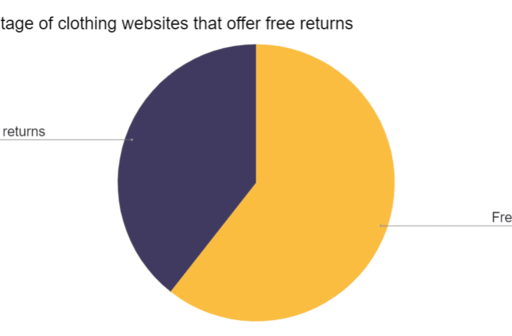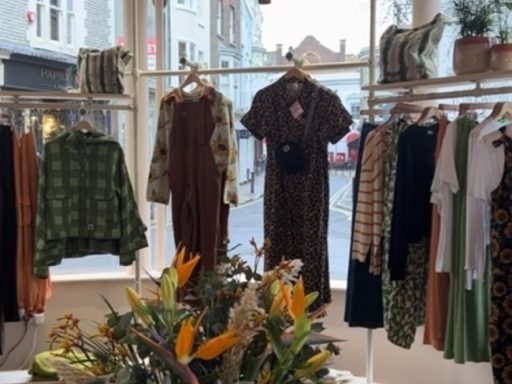As London Fashion Week approaches, the excitement isn’t confined to the runways. Designer fashion is becoming a staple not just for models but for the general public as well.
Research from Gen Z insights company Prograd* reveals that 55% of Britons now have at least one designer piece in their wardrobe, indicating a significant cultural shift towards high-end fashion.
Designer Demographics: Gen Z Leading the Luxury Wave
It’s the Gen Z demographic that’s at the forefront of this luxury fashion wave, with a staggering 57% owning designer garments. This outpaces Millennials at 50% and Gen X at 43%, showcasing a keen interest in designer labels among the younger generation.
Surprisingly, the trend spans across genders, with 12% of men confessing to owning a considerable number of designer items, as opposed to 6% of women. This suggests a changing perception of fashion across the board.
The Investment Wardrobe: Viewing Designer Clothes as Assets
The allure of designer fashion isn’t merely aesthetic. For 25% of Brits, these items are seen not just as garments but as tangible financial investments.
With some designer accessories and handbags outperforming traditional investments like the S&P 500, there’s a strategic element to purchasing luxury fashion. Moreover, nearly a fifth (17%) of Britons buy designer pieces to mark special occasions like milestone birthdays, and 10% have inherited them, highlighting the sentimental value attached to these luxury items.
Second-Hand Chic: A Sustainable Approach to Luxury
Even in the midst of a cost-of-living crisis, the appetite for luxury remains undiminished, partly thanks to the burgeoning second-hand market. This has made designer fashion more accessible and sustainable, with a notable 64.5% of Gen Z leading the charge in embracing pre-loved fashion.
This trend towards sustainability is also reflected in the buying habits of 70% of women and 47% of men, who are increasingly opting for second-hand designer pieces, thus challenging the fast fashion industry’s ethos.
Quality Over Quantity: The Preference for Durability
The majority of consumers (72%) now prioritize quality over quantity in their clothing choices, with 24% specifically pointing to the superior quality of designer items as their main reason for investment.
Faux Fashion: The Rise of Counterfeit Designer Items
Despite these positive shifts, the fashion industry still grapples with the issue of counterfeit goods. A significant portion of Brits (31%) admit to owning fake designer items, with nearly half (47%) asserting that the difference is hardly noticeable and about 7% purchasing fakes to project a certain lifestyle.
This desire to ‘flex’ is notably stronger among men than women, with 10% of males keen on showcasing a luxurious lifestyle compared to just 5% of females.
Marco Loguidice, Co-Founder at Gen Z insights brand Prograd, commented, “As we get closer to London Fashion week, it’s clear that Brits are not just seeing designer fashion as a trend; but a movement towards quality, sustainability, personal identity and investment value. This year’s Fashion Week isn’t just a showcase of trends; it’s a testament to fashion’s role as a movement towards more conscious, financially responsible consumption.”
For companies looking to gather bespoke Gen Z insights, visit https://www.prograd.uk/







